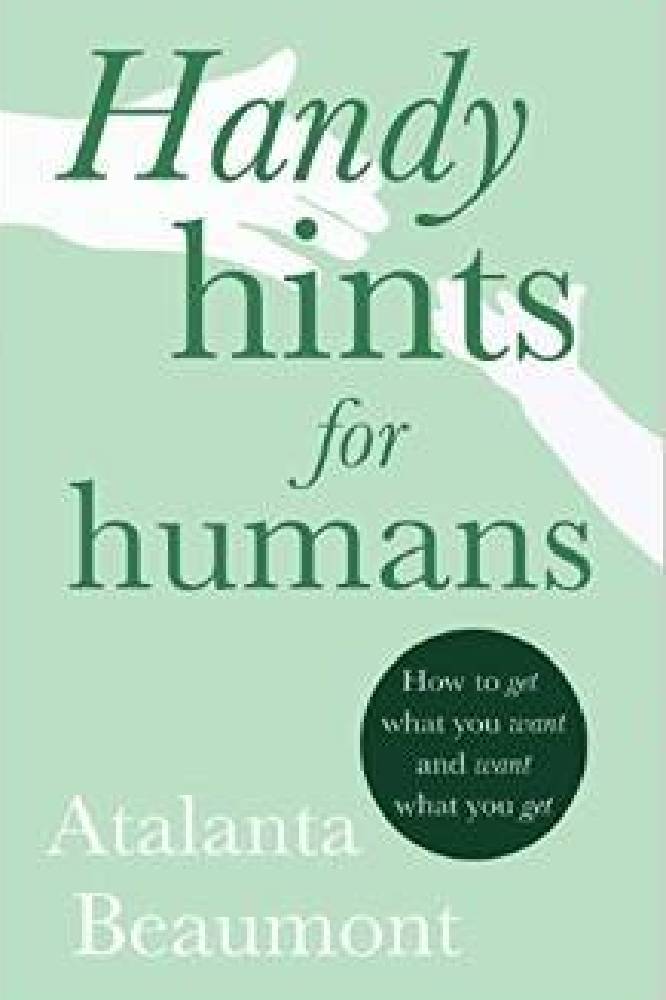
Handy Hints for Humans
Transactional analysis (TA) is about personality, communication and child development, through the study of our transactions or exchanges, both verbal and non-verbal and both acknowledged and subliminal.
A good therapist identifies as much from what you say as what you don’t and as much from your tapping foot, sighs or raised eyebrows. TA, therefore, needs to be face to face and is not usually a quick-fix 6 session solution, although when trust has been established progress can be rapid.
In Handy Hints for Humans I have tried to outline some of the techniques and frameworks used in TA therapy which my clients highlighted by exclaiming “Why did no one tell me that?”
We use the Parent/Adult/Child model to explain how our personalities are made up and why we react the way we do. Our aim is to get all three parts working well together and facilitating us, not holding us back. If the Parent part of me is castigating me with an inner voice saying “You idiot, you never get things right!” TA suggests that I challenge that – first acknowledging all the things I do get right, however small and then to change my inner Parent voice to one of encouragement. “Well done, you learnt a lot from that.”
TA believes that everyone is fundamentally healthy and that mental ill health arising from adapting healthy behaviour in difficult situations. A child not getting its needs met by crying may become very quiet and undemanding to get what it needs. In adult life this may translate into a passive personality who cannot ask for what they need. A TA therapist will get their client to start to ask for more of what they want in small unthreatening ways in order to change their out-dated childhood behaviours and beliefs.
TA therapy is based on the belief that we adopt a “script” for life when we are children. The TA therapist will try to identify the main themes of the client’s script by identifying their client’s basic personality type, something outlined in the Personalities section of my book, which you can do for yourself. Then they will identify what modality their client prefers to engage, either Thinking, Behaviour or Feelings. The therapist’s job is to try to get us to balance these and use all modalities appropriately.
When angry, if you start ruminating about the problem, you may be someone who thinks a lot but avoids their feelings and doesn’t act on their own behalf. The therapist would point out that rumination only effects the person ruminating! Only telling someone (acting/behaving) how they have upset you (acknowledging your feelings) will get a change for the better.
In Handy Hints for Humans I have tried to outline ways in which we can each facilitate ourselves, recognise our limiting behaviours (scripts) and get rid of old messages from parents, carers, teachers etc. that no longer apply and serve us. Champion yourself and change! If life is not working for you it’s because doing what you’ve always done will get you what you’ve always got!
Ultimately TA is about achieving mental and physical wellbeing. It’s about leaving the past behind, being compassionate to yourself and others, finding joy in the small things in life and recognising the worth of each human being and their potential for growth and change. The therapist (Handy Hints) and the client (the reader) join to facilitate change and become your best self.

